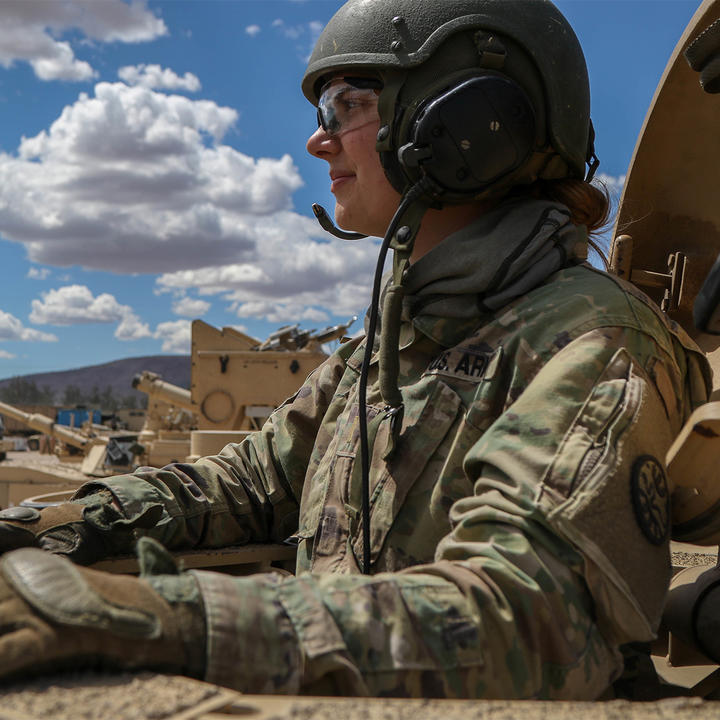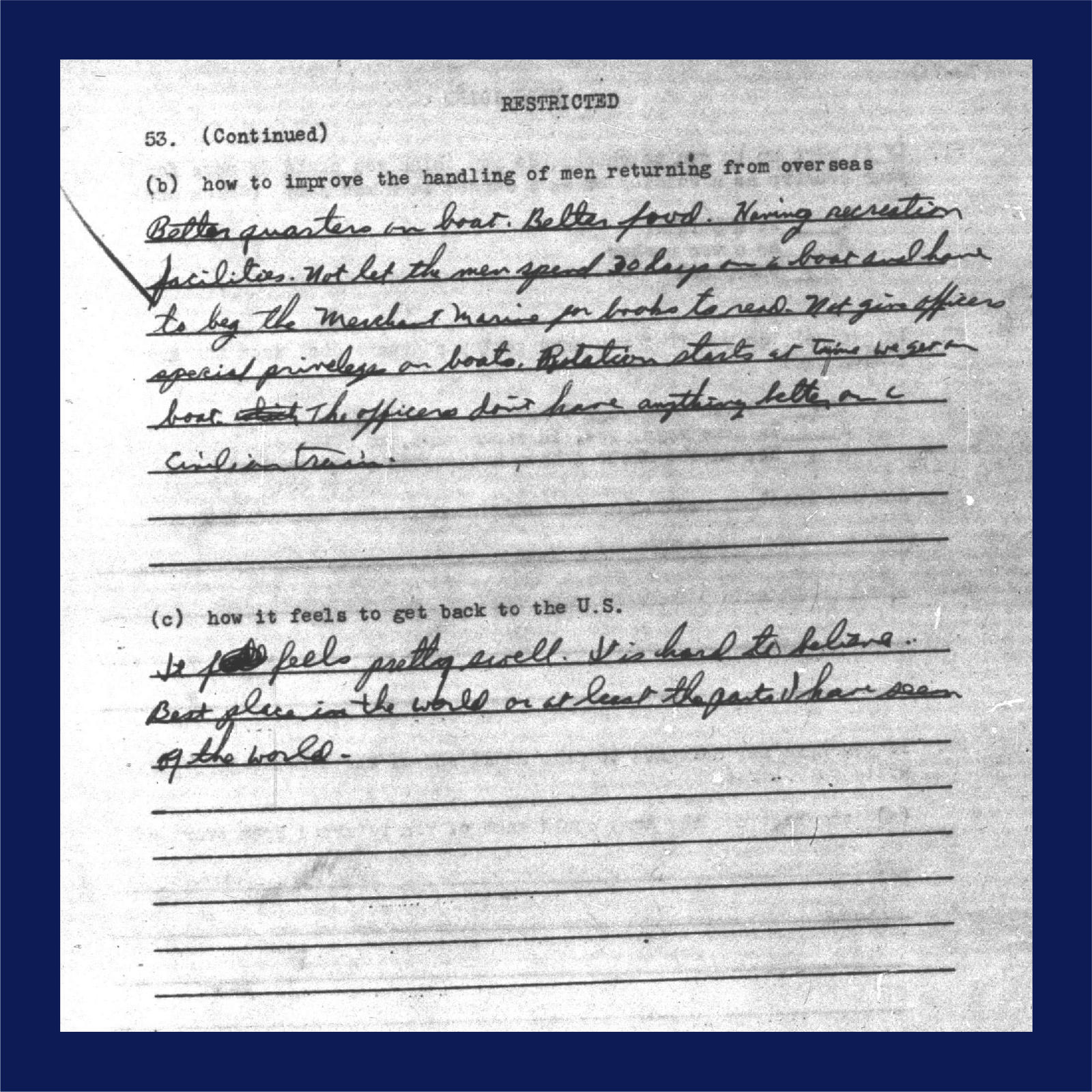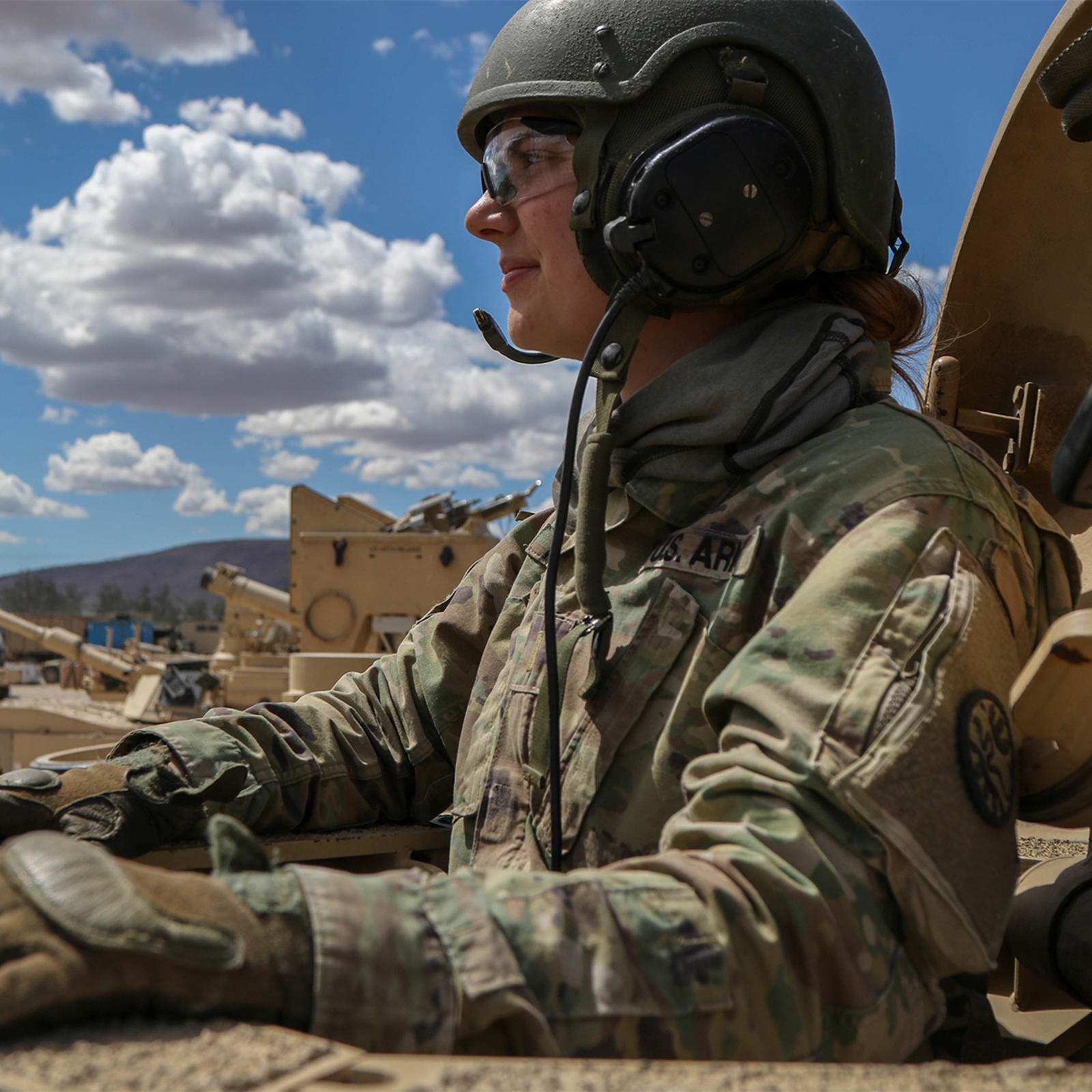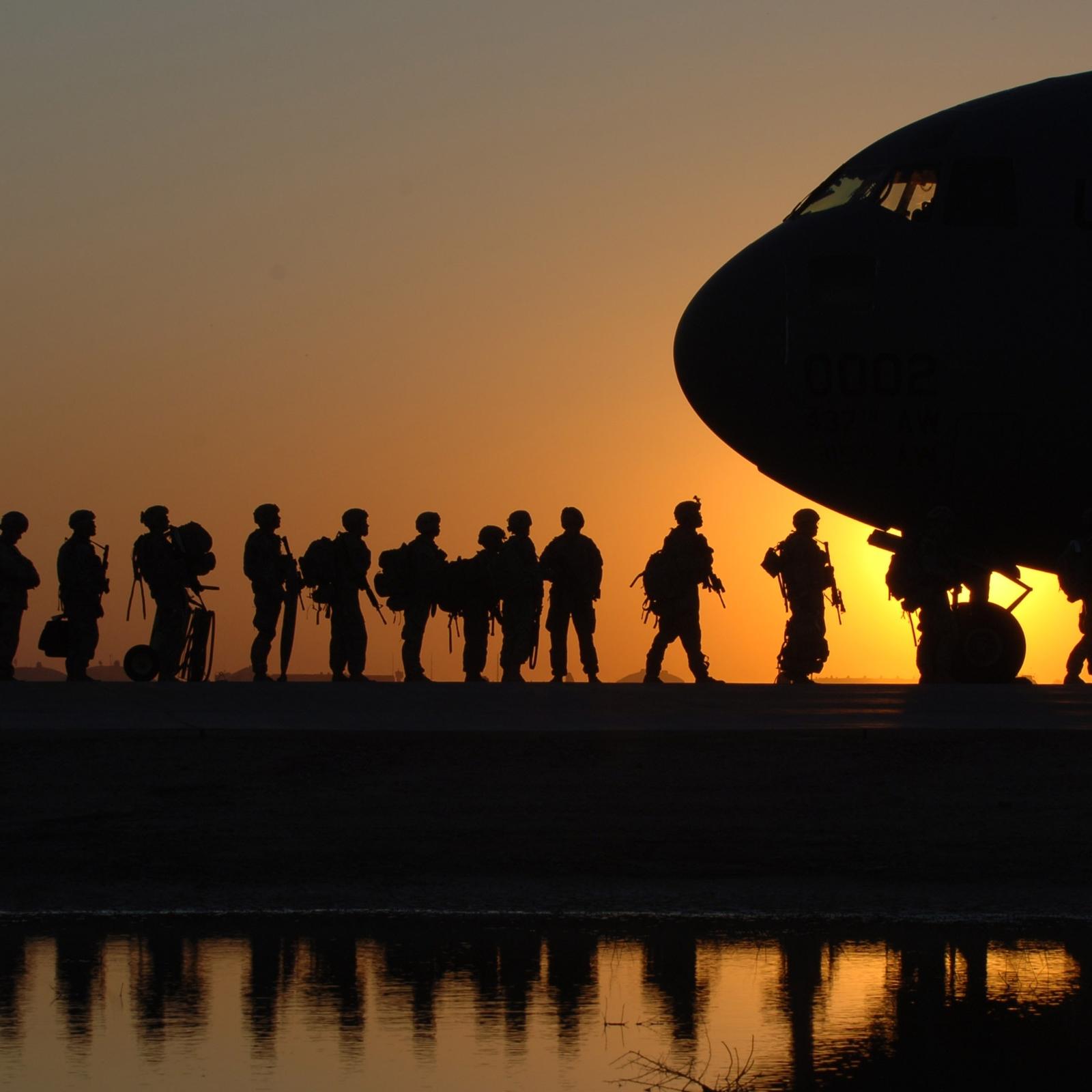Social and Decision Analytics
Projects
All Projects
Our project aims to measure the development of U.S. Army Soldiers over the lifecycle of their careers. We seek to develop new methods and models to support the adoption of enhanced talent management approaches that lead to optimal performance.
Past Project
During World War II, the U.S. Army conducted surveys to reveal attitudes toward, and between Black and White Soldiers. These responses hold insights regarding attitudes about race, gender, and family roles of the time. Our research team used computational text analysis and social network analysis of handwritten responses to learn about the dynamics and language of soldiers in the 1940’s.
Natural language processing and machine learning are powerful techniques for extracting knowledge from the volumes of text-based data available. Collaborating with our agency partner, the National Center for Science and Engineering Statistics (NCSES), we are using administrative data from Federal RePORTER to identify the range of R&D topics funded by federal science and technology agencies, including emerging research areas.
Past Project
We worked closely with Fairfax County Government and Economic Development Authority in developing research questions, identifying relevant data sources, and conducting our analyses. Our collaboration helps county officials consider the equity of all residents in creating new programs and policies for employment support, housing, and transportation.
Working with the USDA’s Economic Research Service, our researchers are exploring the effects of U.S. Department of Agriculture’s (USDA) Rural Utilities Service (RUS) broadband programs on rural broadband availability, use, household income and property values, allowing policymakers to better understand the efficacy of their funding initiatives.
Past Project
Through the use of historical analysis and computational text analysis, we elaborate how the 1969 White House Conference on Food, Nutrition, and Health influenced our understanding of national well-being through a number of cultural, political, and environmental processes over the latter half of the 20th century.
Through modern data science techniques, we are uncovering the social characteristics of individual and unit performance that drives Soldiers to successfully meet the challenges of rapid technological change they may need to address in future wars. We are recategorizing these data in a social context to capture Army values and Warrior Ethos, such as courage, honor, loyalty, and empathy.
Past Project
We are working with the National Center of Science and Engineering Statistics to address this gap. By discovering nontraditional data sources and using them to describe and quantify the skills and non-degree credentials that can lead to STW jobs, we can help policymakers and educators address an urgent problem and empower job seekers to make informed decisions about their future.
The Biocomplexity Institute and the Mastercard Center for Inclusive Growth have partnered to create of a Social Impact Data Commons to inform equitable local and regional growth in the Washington, D.C. metropolitan region.
Past Project
We are assessing the ability for researchers to access, evaluate the quality of, and integrate Department of Defense data to support decision-making related to the military population and to expand the types of questions the data might inform —in particular, the study of important recurring issues to the military, such as attrition.













